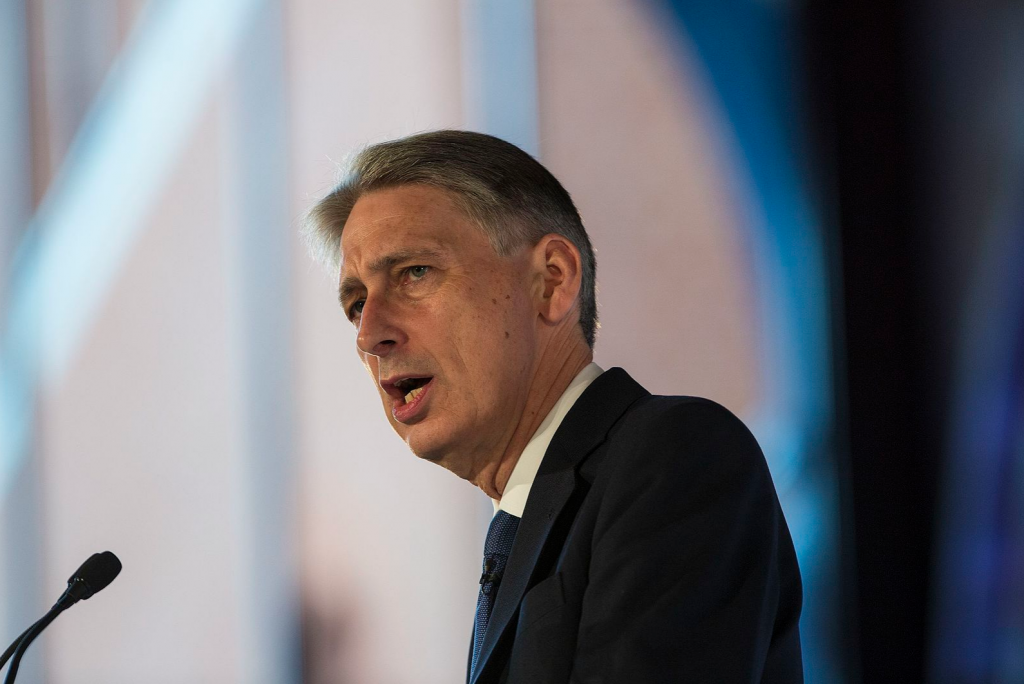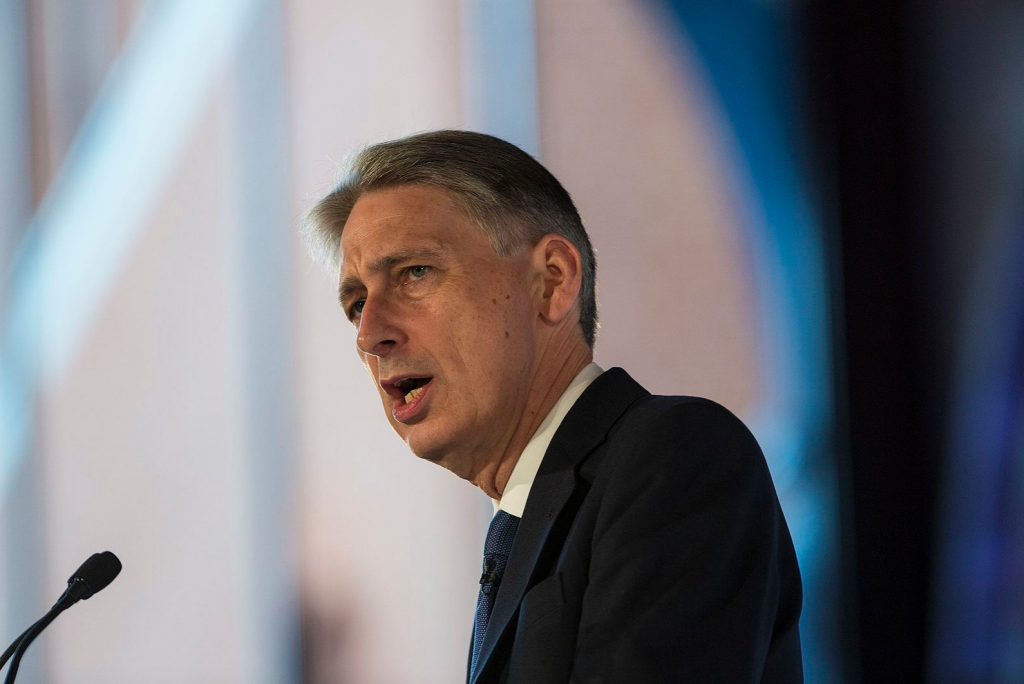
When the deal goes down
What - actually - is austerity? Or maybe, what was austerity? That is the question upon which the political success of this budget will hinge. The Prime Minister has promised us, after all, that ‘Austerity is over’. Fiscal Phil - who went to school with TV’s Richard Madeley and shares his slightly awkward but tiggerish style of delivery - reassured voters that ‘thanks to their hard work’ austerity was ‘coming to an end’. But listening to the actual content of his budget one wondered what Philip Hammond actually thinks austerity means and whether it has very much in common with what the PM thinks it means, or voters for that matter. Certainly, if austerity meant achieving George Osborne’s ambitions for a balanced budget then it is over. Once upon a time it was a matter of economic life or death that we eliminate the deficit (the gap between what we spend and what we earn in taxation).

Originally this was to be done by 2015 - or else the U.K. was to experience a fate worse than Greece. Well we didn’t achieve it by 2015 and Hammond has now dumped it even as a medium-term target. Instead we will still have a deficit measured, at least, in the tens of billions well into the twenty twenties. So on that understanding of austerity - rather dry and technocratic but measurable, at least - the Chancellor can reassure himself that it is indeed ‘over’. But is that what anyone else understands by ‘austerity’.
Down The Dog and Duck, grateful as they are for yet another freeze in beer and fuel duty, do they think of austerity as specifically reducing the deficit to zero per cent? Or do they think of it more generally - as proper funding for their kids schools and for the local hospital? As higher wages for cash-strapped nurses and teachers? As prisons that don’t seem permanently on the brink of violence and council services not collapsing left, right and centre? Theresa May and Jeremy Corbyn - not often on the same side of an argument - both rather suspect the latter. That’s why when Mrs May promised an end to austerity she linked it to £20 billion extra for the NHS (which Hammond, rather begrudgingly, was forced to re-announce today). It is also why Jeremy Corbyn led his attack on the Government at the Budget debate on the long-term harm that he says austerity has done and on the harm its practical continuation will do.
Labour ware able to attack on that basis because - aside from the NHS and a sprinkling of one-off gifts to schools and to the MoD - spending on public services is not actually going up. Take out the NHS funding and in fact - according to the IFS - departmental spending flatlines. After a decade of austerity can you say austerity is over if welfare, pensions, education and local authority spending are all frozen at austerity levels? Hammond hopes so and believes accelerating the increase in personal income tax allowance will take the sting out of the tail. It is a gamble. The political narrative threaded throughout today’s theatre was this: if we get a deal then Hammond can afford to be generous (on tax, on public services) but if we don’t then he can’t. This is a message to backbenchers on both sides of his own party - Remain and Leave alike - and to persuadable Labour MPs. Don’t disrupt Brexit - to try and get No Deal or to aim for a People’s Vote - because if you do there won’t be any money in the pot for you and your constituents. It wasn’t subtle. But it might be effective.
So there we are. Austerity is over in that we have stopped aiming for a balanced budget but we aren’t really spending any extra money. And if MPs get in the way on Brexit then austerity might come back (even though it isn’t really dead) and bite them. As political messaging goes it was all rather sinister in a protection racket sort of way. Thanks to fiscal Phil’s Madeley-esque bounciness, though, one suspects most MPs didn’t realise that they were being subjected to an hour of cheery blackmail. They might have worked it out by tomorrow morning, though...